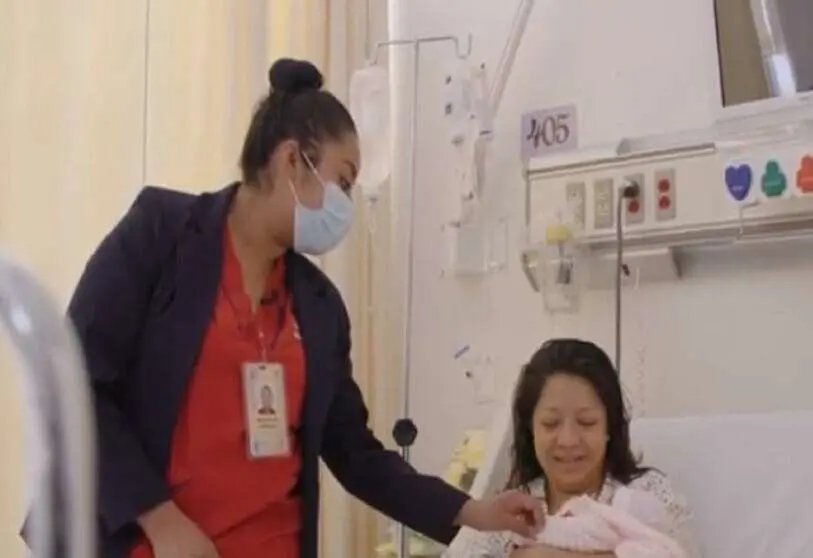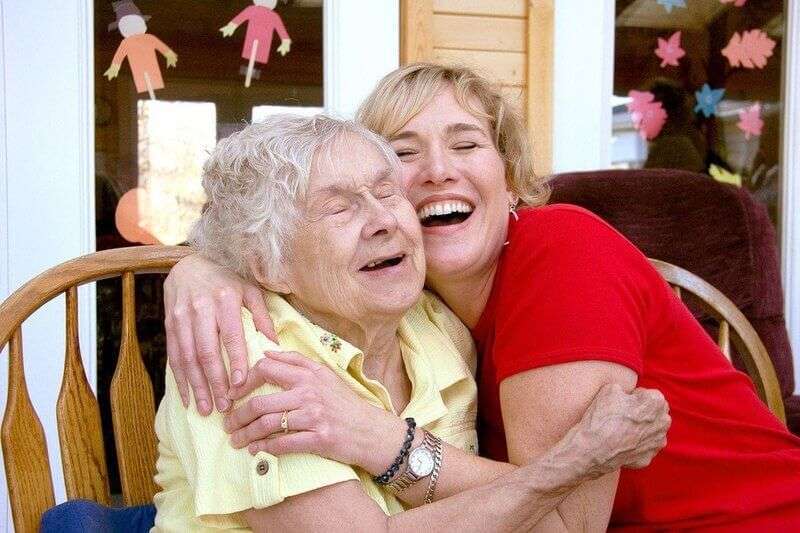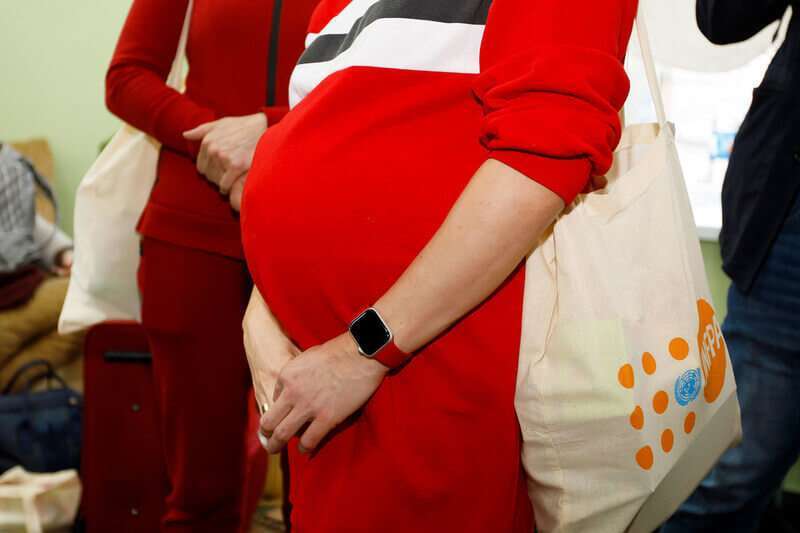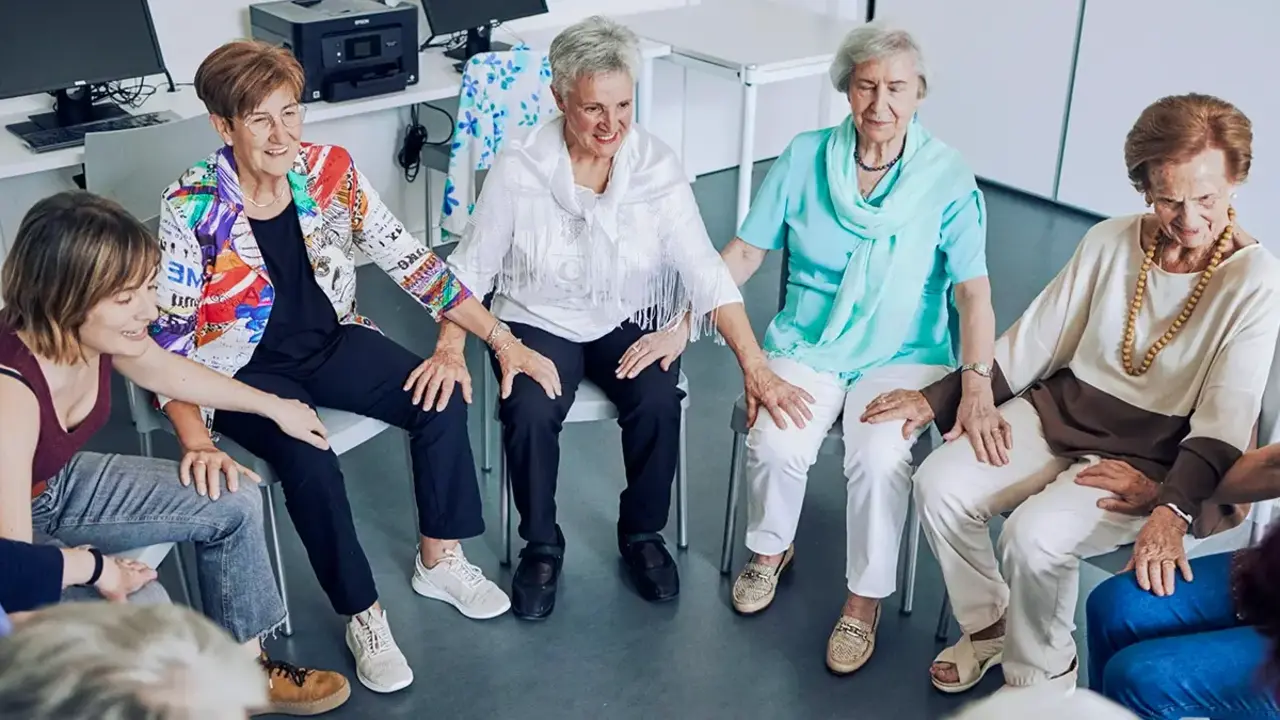Latin America moves forward in the recognition of the care society and gender equality

The 15th Regional Conference on Women in Latin America and the Caribbean has concluded with a clear commitment to create policies that recognise and help fulfil the right to care.
The Buenos Aires Commitment, adopted at the Conference, recognises "care as a right of people to care, to be cared for and to exercise self-care on the basis of the principles of equality, universality and social and gender co-responsibility", according to the United Nations Economic Commission for Latin America and the Caribbean (ECLAC).
It is therefore a responsibility that "must be shared by people from all sectors of society, families, communities, businesses and the state," the agency adds in a statement.
The Conference, which celebrated its 45th anniversary this year, opened on Monday in the Argentine capital and brought together delegates from 30 countries in Latin America and the Caribbean and other regions, as well as representatives of 17 UN agencies and 14 intergovernmental organisations. They were joined by parliamentarians from 15 countries in the region and more than 750 members of civil society. In total, there were 1168 participants.
"We welcome the great political commitment agreed in Buenos Aires, which will allow us to advance concrete policies to make women's rights and autonomy a reality throughout the region and in all its territories," said Raúl García-Buchaca, Deputy Executive Secretary of ECLAC.

García-Buchaca stressed that "funding for care policies is essential to reverse gender inequalities and guarantee the rights of all women".
For her part, María-Noel Vaeza of UN Women said that it is during crises that "we must dare to dream", highlighting the unprecedented impetus given at the Conference to a new development model: that of the care society.
"We trust that states and the private sector will continue to join in this great effort to correct historical inequalities, to help care for the planet and, finally, to grow opportunities for all of society, and especially for women in all their diversity," Vaeza added.
Ayelén Mazzina, Minister of Women, Gender and Diversity of Argentina, noted that, "as an Argentinean and a feminist", she was proud that the Buenos Aires Commitment was added to the Regional Gender Agenda.
Finally, UN Deputy Secretary-General Amina J. Mohammed said that "the unequal distribution of care work, the absence of care services and the lack of recognition of the social value of domestic work directly undermine gender equality".
She called on the countries of the region to "develop comprehensive care systems and redistribute time, power and resources" to achieve true gender equality, which requires adequate funding.
The delegates from the countries present in Argentina acknowledged the work done by the Gender Equality Observatory for Latin America and the Caribbean and expressed their appreciation for the preparation of the Conference position paper, The care society: horizon for a sustainable recovery with gender equality, as well as the publication Breaking the statistical silence to achieve gender equality by 2030: application of the axis on information systems of the Montevideo Strategy for the Implementation of the Regional Gender Agenda in the Framework for Sustainable Development towards 2030, both prepared by ECLAC.

During the meeting, the document The financing of care systems and policies in Latin America and the Caribbean: contributions for a sustainable recovery with gender equality, prepared by ECLAC and UN Women, was also presented.
In the Buenos Aires Commitment, the countries agreed to "design, implement and evaluate macroeconomic policies, and especially fiscal policies (revenue, expenditure and investment), from a gender equality and human rights perspective, safeguarding the progress achieved and mobilising the maximum available resources with a view to increasing sustainable public investment over time for care policies and infrastructure, in order to ensure universal access to affordable, quality care services".
Similarly, they committed to "ensure that fiscal adjustment measures or budget cuts aimed at addressing situations of economic slowdown are in line with the principles of human rights and non-discrimination, especially avoiding cuts in programmes and support that could lead to increased levels of poverty and overburdening women with unpaid and care work".








